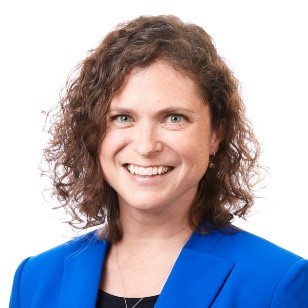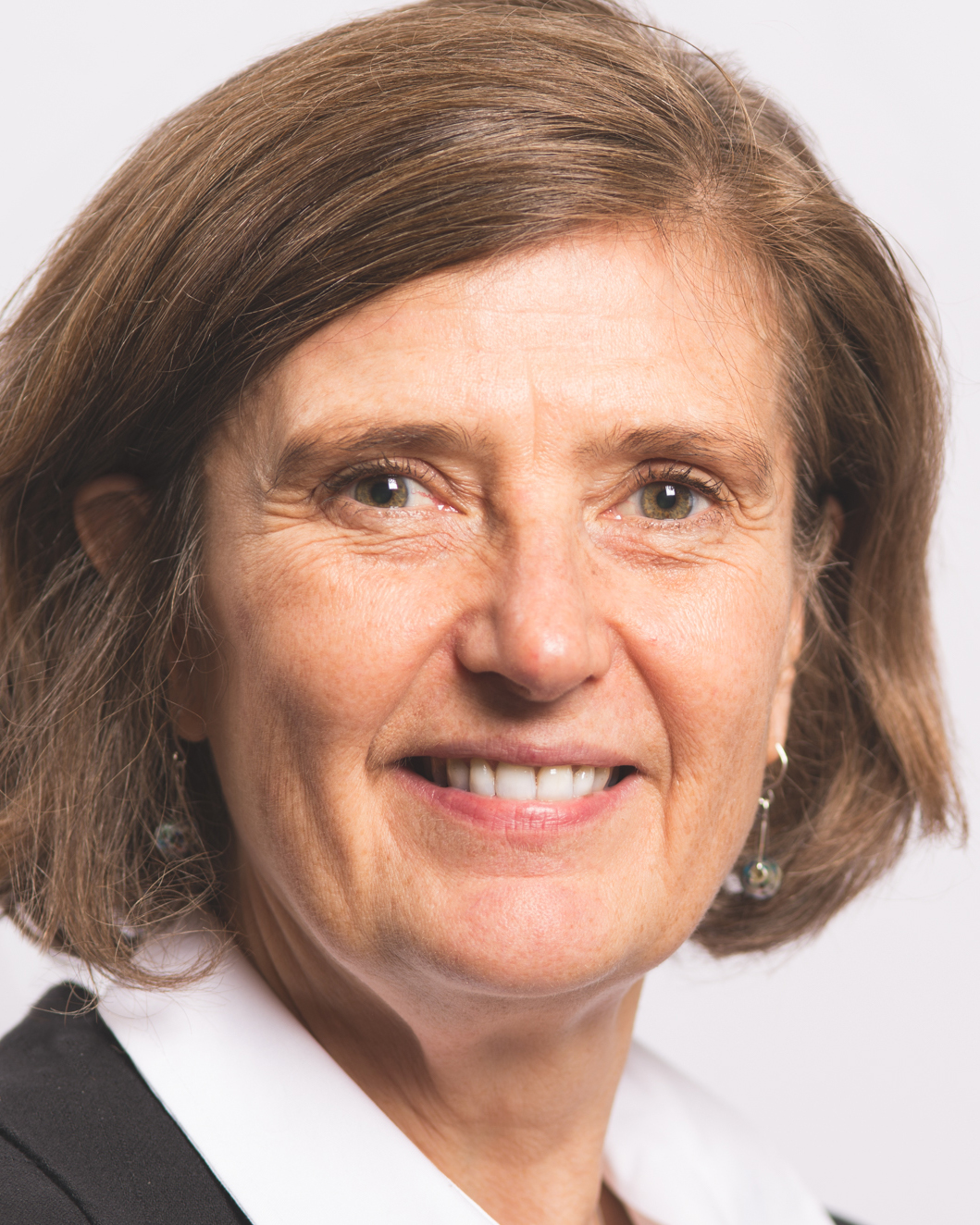
Experiences of Youth with Behavioral and Emotional Needs in Massachusetts: Stories from the Mental Health Advocacy Program for Kids (MHAP for Kids)
What are the negative impacts of school exclusion on children with mental health challenges and their families? What is the MHAP for Kids Program?
This course outlines the various challenges faced by students with mental and behavioral health issues as well as their families and caregivers. The faculty explain the initial impacts and subsequent trajectories of students who are excluded from school, sent to the emergency room, or become involved with the courts or state agencies. Learners will be guided through these scenarios by our speakers and will gain valuable information about resources and programs they can access to provide more comprehensive support to these students and families with significant needs.
Target Audience
School Nurses, School Health Professionals
Learning Objectives
After completing the training, the learner will be able to:
- Describe challenges faced by children with severe mental health risks and their families.
- Explain how typical challenges for this population were exacerbated by the pandemic and remote learning.
- Identify the impacts on students with mental and behavioral health issues and their families when schools do the following…
- Exclude them from school
- Call mobile crisis or send the student to the emergency room.
- Involve police or courts
- Involve state agencies
- Utilize identified resources to enhance care and support for students with mental and behavioral health issues.
Program topics:
Time | Topic(s) | Presenter(s) |
12.5 minutes | Introduction and Disrupting the School to Prison Pipeline | Marisol Garcia, Esq. Trish Elliot, DrPH |
21 minutes | School Interventions | Marisol Garcia, Esq. Trish Elliot, DrPH |
3.5 minutes | Access Services from State Agencies | Marisol Garcia, Esq. Trish Elliot, DrPH |
10 minutes | MHAP for Kids | Marisol Garcia, Esq. Trish Elliot, DrPH |
1 minute | Wrap up and Resources | Marisol Garcia, Esq. Trish Elliot, DrPH |
Complete post-test, evaluation, and claim credit | ||
Boston University Chobanian & Avedisian School of Medicine asks all individuals involved in the development and presentation of Accredited Continuing Education activities to disclose all financial relationships with ineligible companies. This information is disclosed to all activity participants prior to the start of the educational activity. Boston University Chobanian & Avedisian School of Medicine has procedures to mitigate all relevant financial relationships with ineligible companies. In addition, faculty members are asked to disclose when any unapproved use of pharmaceuticals and devices is being discussed.
In accordance with the Standards for Integrity and Independence in Accredited Continuing Education, all relevant financial relationships with ineligible companies that faculty, planners, authors, and anyone who may be in control of content has been mitigated.
No faculty has any financial relationships to disclose.
None of the speakers or planners or anyone in control of content for this accredited continuing educational activity have any relevant financial relationships since the content does not relate to any products or services of an ACCME-defined ineligible company; therefore, there are no relevant financial relationships to disclose or mitigate
Faculty
 Marisol Garcia, Esq.
Marisol Garcia, Esq.
Senior Director
Mental Health Advocacy Program for Kids
Health Law Advocates
Marisol Garcia has dedicated her 25-year legal career to advocating for youth at every stage of the cradle to prison pipeline. Since 2016, Marisol directs the work of the Commonwealth’s largest child advocacy program – the Mental Health Advocacy Program for Kids (MHAP for Kids). Marisol achieved the mission of statewide expansion for this legal service program, increasing capacity by over 500% and placing attorneys in Family Resource Centers (FRCs) across the state. Working with public interest groups, Marisol leads the legislative lobbying efforts – establishing a budget earmark and receiving over 3 million dollars in public funding. Within months of assuming her position as project director, Marisol collaborated with key stakeholders to redefine the strategic direction of the program to relocate this diversion program from the juvenile justice system to the FRCs based in the community. Marisol also coordinates ongoing data collection with the evaluation team from Boston University School of Public Health. Marisol oversees the work of the attorneys who advocate for children with unmet mental health needs to receive the care that they require to be successful at school, at home, and in the community. She has co-authored numerous articles for the American Bar Association’s Children’s Rights Committee and has presented on children’s mental health issues at statewide and national trainings. Marisol joined HLA in 2015 as a mental health advocate. From 2012 to 2014, Marisol litigated before the SSA, representing disabled adults and children. From 1999 to 2011, she maintained her own law office where she specialized in juvenile justice, representing children in civil and delinquency proceedings. During that time, Marisol was also an adjunct professor at the University of Massachusetts in Lowell and William James College. Marisol was a Bart J. Gordon fellow and staff attorney at the Children's Law Center of Massachusetts from 1997 to 1999. She received her JD from Northeastern University School of Law in 1997 and a BA magna cum laude from Providence College in 1994.

Trish Elliott, DrPH
Lead Evaluator
Clinical Associate Professor
Boston University School of Public Health
Trish Elliott, DrPH, is a Clinical Associate Professor of Community Health Sciences dedicated to training future practitioners of public health. She teaches courses in health behavior theory, maternal child and adolescent health, and program management. Dr. Elliott uses a combination of simulation, case method, and practice-based learning in the classroom and is committed to using innovative approaches in academic-practice collaboration. She serves as the Director of the Doctor of Public Health program, a school-wide degree in leadership, management, and policy preparing students for high-level positions in public health practice. Dr. Elliott also directs the Practice Fellowship Program of the Maternal and Child Health Center of Excellence, connecting exceptional master's degree students with year-long placements in public health organizations, and serves as the Director of Education for the Department of Community Health Sciences.
Dr. Elliott’s academic and practice interests focus on using implementation science, systems science, and process evaluation methods to improve the health of vulnerable populations. She is particularly interested in adolescent and family access to health services, the intersection of mental health and juvenile justice, school health, and health policies at the local, state, and federal level. Dr. Elliott joined the department of Community Health Sciences as faculty in 2013, after teaching for four years in an adjunct capacity. She received a BA in Psychology from Colby College, an MPH degree with dual concentrations in Social and Behavioral Sciences, and Maternal and Child Health from Boston University where she also completed her DrPH in Maternal and Child Health.
 Beverly Heinze-Lacey, MPH, BSN, RN
Beverly Heinze-Lacey, MPH, BSN, RN
Director, SHIELD
Nurse Planner
 Erin Sivak, MSN, BSN, RN
Erin Sivak, MSN, BSN, RN
Assistant Director, SHIELD
Nurse Planner, Reviewer
CNE Program Manager: Lesly Zapata, BA
 In support of improving patient care, Boston University Chobanian & Avedisian School of Medicine is jointly accredited by the Accreditation Council for Continuing Medical Education (ACCME), the Accreditation Council for Pharmacy Education (ACPE), and the American Nurses Credentialing Center (ANCC), to provide continuing education for the healthcare team.
In support of improving patient care, Boston University Chobanian & Avedisian School of Medicine is jointly accredited by the Accreditation Council for Continuing Medical Education (ACCME), the Accreditation Council for Pharmacy Education (ACPE), and the American Nurses Credentialing Center (ANCC), to provide continuing education for the healthcare team.
Contact Hours: 1.00 contact hours, of which 0 are eligible for pharmacology credit
SHIELD is a DESE-approved provider for PDPs. PDP certificates are issued for programs/series lasting 10 or more hours on a topic. CNE certificates are also issued for eligible courses. Learners may use CNE certificates toward PDPs.
Course Release Date: 04/01/2022
Material Reviewed: 2/6/2023, 1/30/2024
Course Expiration Date: 1/29/2025
Available Credit
- 1.00 ANCC
- 1.00 Participation
Price
Disclaimer
THIS CONTINUING EDUCATION PROGRAM IS INTENDED SOLELY FOR EDUCATIONAL PURPOSES FOR QUALIFIED HEALTH CARE PROFESSIONALS. IN NO EVENT SHALL BOSTON UNIVERSITY BE LIABLE FOR ANY DECISION MADE OR ACTION TAKEN IN RELIANCE ON THE INFORMATION CONTAINED IN THE PROGRAM. IN NO EVENT SHOULD THE INFORMATION CONTAINED IN THE PROGRAM BE USED AS A SUBSTITUTE FOR PROFESSIONAL CARE. NO PHYSICIAN-PATIENT RELATIONSHIP IS BEING ESTABLISHED. IN NO EVENT SHOULD INFORMATION IN THE MATERIALS REGARDING LAWS, REGULATIONS, OR LEGAL LIABILITY BE CONSIDERED LEGAL ADVICE OR USED AS A SUBSTITUTE FOR CONSULTING WITH AN ATTORNEY.
Copyright
This material is copyrighted by the Massachusetts Department of Public Health (MDPH). MDPH grants permission for use of these materials for non-commercial educational use only, provided credit is given to the MDPH. Modification of content is permitted only with prior approval of the MDPH School Health Unit.
Special Services / Dietary Needs
Boston University strives to be accessible, inclusive and diverse in our facilities, programming and academic offerings. Your experience in this event is important to us. If you have a disability, require communication access services for the deaf or hard of hearing, or believe that you require a reasonable accommodation for another reason please contact the BUSM-CME Office at least 3 weeks prior to event to discuss your needs. For in person meetings with meals, we will work to accommodate dietary requests (including, but not limited to: kosher, vegetarian, low cholesterol, and low sodium) received in writing at least three weeks prior to the start of the conference. Please contact us at [email protected]

 Facebook
Facebook X
X LinkedIn
LinkedIn Forward
Forward